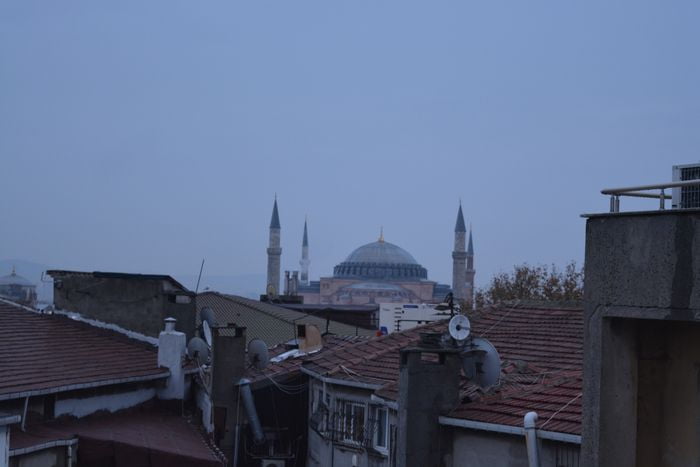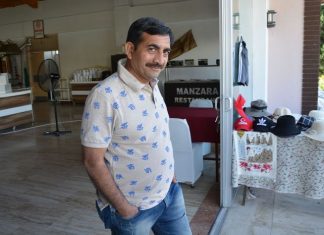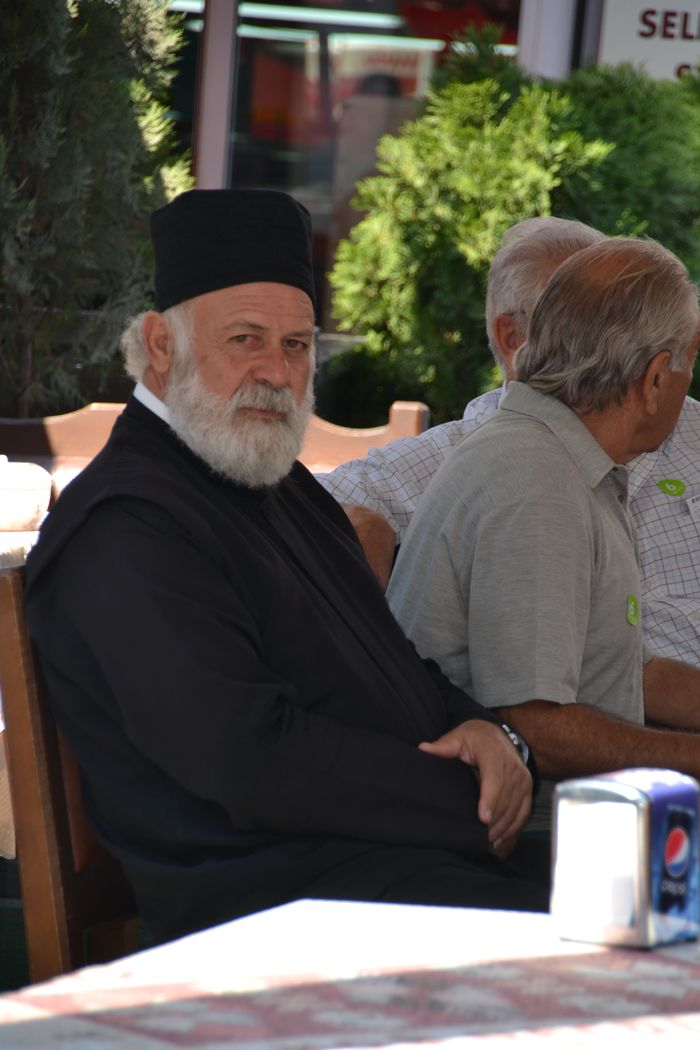116. In September 1047.
117. The army of the East was at this time engaged in Armenia Magna.
118. In the part near the monastery of the Anargyroi, not far from Blachernae.
119. Cedrenus (765D, p. 564) says the arrow struck a servant’s helmet.
120. Chiefly Constantine Lichudes. He was vehemently opposed by Argyrus Italus, who did his best to dissuade the emperor from this course.
121. In the Spartan army the pyrphoros was the priest who kept the sacrificial fire, never allowed to go out. Hence to say that not even a pyrophoros was left is equivalent to admitting total defeat (cf. Herodotus, VIII, 6 and Dio Cassius, 39, 45).
122. Cf. Cedrenus, 766C, p. 565, where three officers are mentioned by name.
123. In particular Rhaedestus, on the Sea of Marmora (October 1047).
124. These reinforcetnents were put under command of Michael Iasitas.
125. December 24, 1047.
126 Nireus was said to have been, next to Achilles, the handsomest of the Creeks who fought at Troy.
127. Psellus apparently had only the haziest knowledge of Roman history.
Common robber
128. Leader of the gladiators in the so-called Servile War in South Italy and finally crushed by Crassus and Pompey. The Romans regarded him as no better than common robber, but the man’s character has been deliberately maligned.
129. Romanus Boilas rose to high rank about 1049. Cedrenus (788E, p. 605) speaks of him as being a person of some accomplishments.
130. The lady’s name is unknown.
131. Alania.
132. Athena and Hera (Homer, Iliad, IV, 20).
133. Principo.
134. The legendary old man of the sea who had the power to assume any shape he pleased.
135. Zoe died in 1050.
136. Psellus is referring to Julius Caesar and Augustus.
137. Homeric epithets (cf. Odyssey, II, 328, and X, 34).
138. In the poems of Homer Themis is the personification of Law and Justice.
139. Calliope is the Muse of Epic Poetry. Psellus quotes Homer, Iliad, II, 24-5.
140. Constantine Lichudes, who was promoted to the high office of protovestiarius as successor to Michael Cerularius. The latter had become Patriarch in 1043.
141. Lichudes became Patriarch in 1059, appointed by Isaac Comnenus.
142. Zoe was seventy-two when she died in 1050.
143. The Church of St. George of Mangana (Cedrenus, 790B, p. 608).
144. St. Sophia.
145. The Sultan sent presents to Constantine (Cedrenus speaks of an elephant and a giraffe, 789C).
146. The well-known Greek physician and contemporary of Socrates.
Read More about Zoe and Theodora part 51








